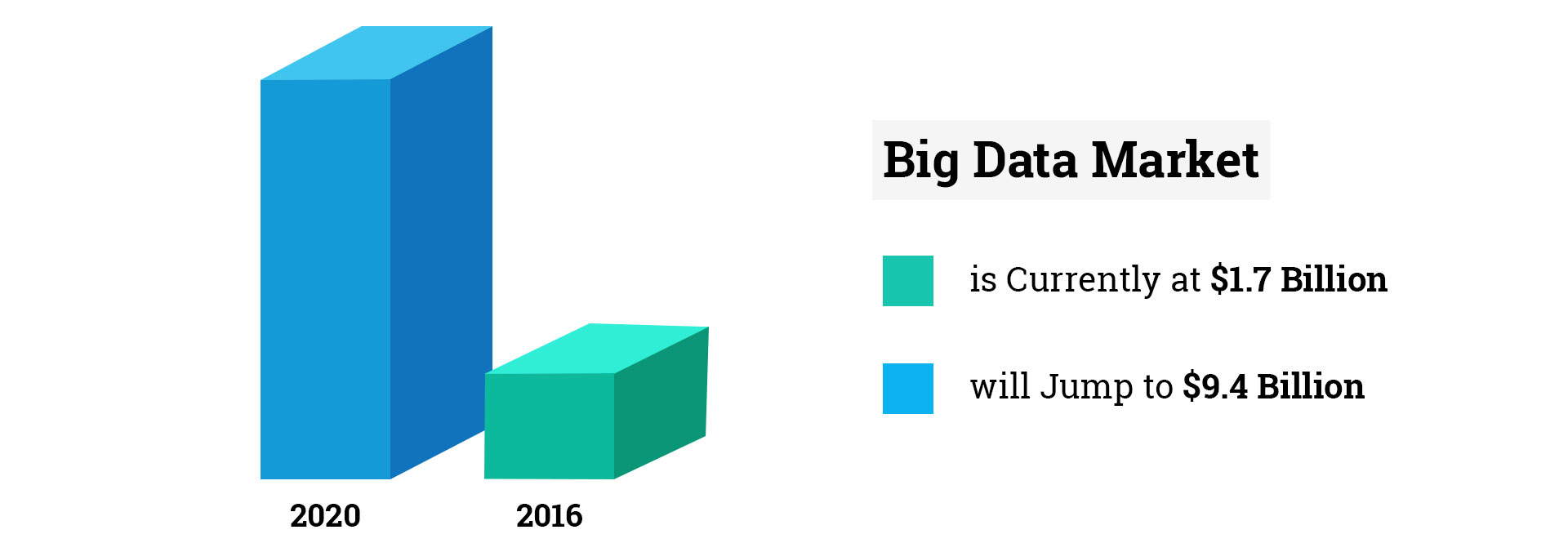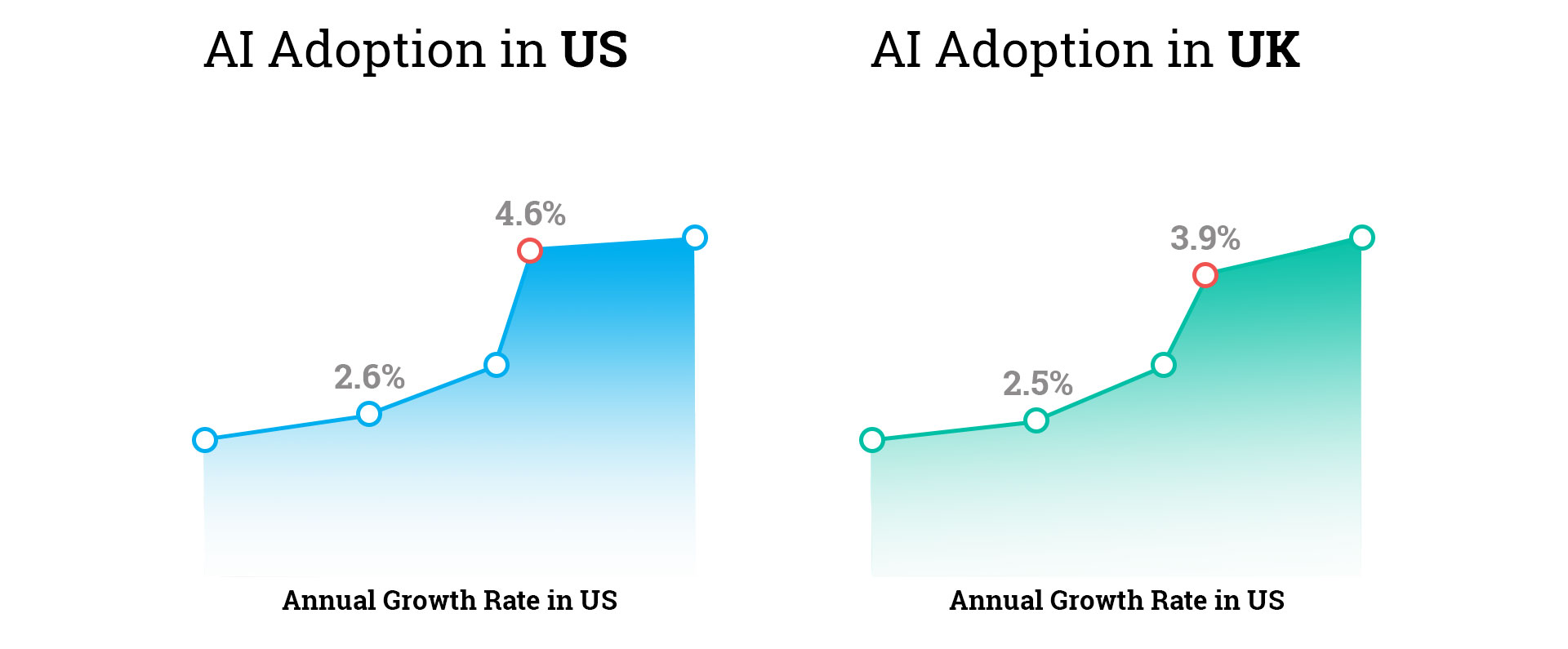We live in an age of disruption. Industries are getting transformed. Small companies are getting stronger in capturing market share. Good thing is that the old concept of monopoly is slowing removing from the market scenario. It is certain that big data and AI will change almost every industry in this decade.
While big data is still an unclear buzzword in tech for many, there is no denying that the recent AI and machine learning is heavily dependent on the huge amount of data.

There are many predictions made by experts about the future of data analytics and how it is going to shape AI and machine learning in coming years. Putting all those together we are going to highlight 4 major data trends which are going to play major roles in restructuring AI in 2017.
1. AI and Machine Learning will increase the need of Big Data for Businesses
There is no question of the fact that the AI boom depends on data labelling and analysis. Machine learning has touched new heights in 2016 and 2017 will be the year of more innovations and expertise. But businesses will struggle to unlock many hidden talents of machine learning.
AI applications powered by machine learning depend on data to develop more predictive models. The more data, and even more importantly, more data that represents the concepts you need to learn, makes AI applications better.
Monte Zweben, Co-founder and CEO, Splice Machine
Big data has emerged from its infancy to transition from a buzzword to the urgency for enterprises across all major industries. The growing concerns are being abetted by machine learning, which will eliminate barriers to adoption of big data analytics and solutions. The ever increasing dominance of the cloud, will also ease deployment hurdles.
2. Analytics will still struggle to keep up
Even though many industries are using analytics effectively to get better results, analytics still remain complicated for many industries. Even with big data warehouses now available on big data like Hadoop and Spark, companies still struggle to transfer data from their operational systems to analytical systems. As more data and better algorithms become available, more automation is possible along with better predictions. With the implementation of useful methods, they can drive more analytics innovation.
Many companies were able to understand the importance of analytics and they used it for their business transformation, in 2017 we are expecting many more to clear the hurdle and be a part of big data family.
3. Self-Service Big Data Tools
With the advances in data processing and Cloud Applications, there are many free data platforms available online that help to organize and synthesize data easy even for companies who just started. Every platform is slowly becoming cloud ready. Even big data platforms like Splice Machine are now available as a self-service platform. It depends on your need of data storage and computes, then databases appear in the cloud will manage rest of the things. There are no wires, racks, networks, hardware, or servers to configure.
Cloud implementations of big data are increasing in popularity as it drives down the initial cost of these technologies. For many building a data stack just isn’t cost effective, it works best when the majority of the data can be hosted on a single instance. This trend will continue to achieve new innovations in 2017.
4. Importance of Data Filtration
To get the right information, we need to filter all the data. In order to get data into machine learning systems, it must be cleaned first, which means making sure that the information in a database has been checked for errors in format, duplications etc. AI and machine learning systems are only as good as the data they train on, and the secret is transforming raw operational data into learnable features.
So in 2017, companies will give more importance to data filtration in order to get more industry ready data.
Our Take
Accenture Institute for High Performance recently released a research paper saying that, by 2035, Artificial Intelligence (AI) could double annual economic growth rates in many developed countries. In the US, the annual growth rate went up from 2.6% to 4.6% which is an additional $8.3 Trillion with widespread AI adoption. In the UK, AI could add an additional $814 Billion to the economy, increasing the annual growth rate from 2.5% to 3.9%.

We are already witnessing a business phase where enormous technology-driven change is helping us to address a number of challenges in achieving optimum growth. AI technology, has extremely strong developmental implications. And big data analytics is playing a major role in making AI more enterprise ready. While the priority must be to build infrastructure, next generation telecoms, power, healthcare systems, agriculture and education systems, AI can be applied in a number of ways.
Apogaeis is a technology service provider and has the expertise to help you in identifying and fulfilling all technical needs. Our data analytics and AI consultants are well versed in their domain. Want to know more, we are just a click away. Connect Here










Magnificent website. A lot of useful info here. I’m sending it to some pals ans additionally sharing in delicious. And obviously, thanks to your effort!
My brother recommended I might like this blog. He was totally right. This post actually made my day. You cann’t believe simply how so much time I had spent for this info! Thank you!
Really wonderful information It’s useful post….